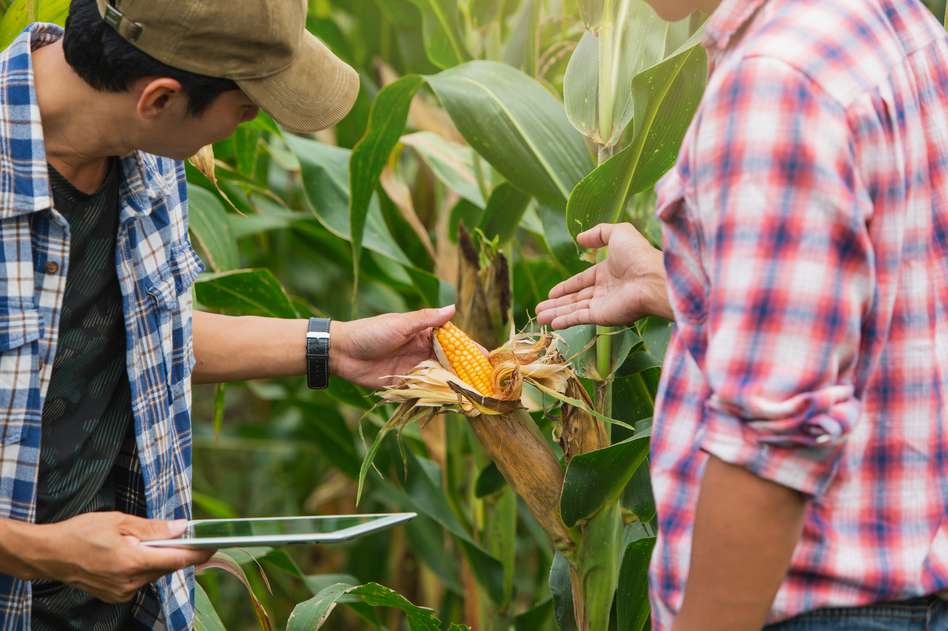

As agricultural law specialists and trusted legal advisers to generations of farming families across the South East and East Anglia, we have assisted in the drafting of many formal farming partnership agreements which set out the ownership of farming assets and how they will be passed down through the generations.
In this guide, we explain the many ways in which farming partnership agreements can benefit agricultural families, both as a valuable tax planning tool and as a source of clarity and stability for joint decision-making.
A partnership is automatically created when two or more people decide to farm together with the intention of making a profit. No written agreement is required for the creation of a partnership (where none exists, this is called an ‘oral partnership’).
While this simple piece of legislation may have been enough to govern farming partnerships in 1890, the basic guidance it contains is simply not detailed enough to encompass the complexities of 21st century farming. This is why we highly recommend a formal farming partnership agreement: a legally binding document that clearly establishes the ownership of assets and the business roles of the respective partners.
Whilst a well-documented farming partnership agreement might not be referred to for the day-to-day running of the farm, it is highly valuable as an insurance policy of sorts in the case of a dispute, or to avoid a total breakdown of the partnership.
A partnership agreement will:
It will also include a schedule of the assets that relate to the land capital account, setting out the land owned by the partnership and its value, as drawn up by the partnership’s accountant.
It is becoming increasingly common for banks to require a formal partnership agreement or shareholder agreement to be in place for any new security instructions. There are also lots of other reasons to document your family’s partnership more formally by way of a partnership agreement – including how profits will be shared, what is or isn’t partnership property or how the partnership will be continued in the event of a partner’s death.
This is particularly essential if each partner owns a different share of the farming assets. If nothing is formally recorded within a farming partnership agreement, and there is no evidence of anything to the contrary, then the starting point for a traditional partnership agreement under Section 24(1) of the Partnership Act is an equal split of the business’s capital and profits.
In addition, it must either be used for growing crops or rearing animals, or take the form of farm buildings, cottages or houses. It does not apply to farm equipment or machinery, derelict buildings, harvested crops or livestock. APR can be due at 100% or 50%, depending on the circumstances.
Additional factors to consider when drafting an agreement include:
More often than not, these are the tough questions that aren’t considered until it’s too late to put a formal agreement in place.
As well as financial and tax-planning benefits, a formal farming partnership agreement can also help to prevent disputes between partners. Whilst many farming families would like to think that they would be able to make decisions about the running of the family farm amicably over a cup of tea, disagreements do inevitably arise. Having a written partnership agreement in place provides the partners with a solid legal basis for decision making, based on what everybody has agreed.
Having a partnership agreement in place also allows clarity regarding the ownership of business assets and enables families to clearly define the roles each partner will play in the day-to-day management of the farming business. As highlighted earlier, holding assets within the partnership can sometimes also be a useful tax planning tool.
Sometimes, if siblings have inherited parcels of land from family and now share an interest in the business, it may be unclear as to who owns what. Having a partnership agreement in place can help to clearly identify what land is and isn’t owned by the partnership, and by whom, enabling the partners to avoid any disputes later down the line if a family member wants to sell off any land that may be held by the partnership.
A partnership agreement can also be beneficial for younger generations who would like to take an active role in the family business before the farm owner is ready to retire. A partnership agreement can set out the younger partner’s role in a way that allows them to take on responsibility whilst still giving the farm owner overall control of the business.
Tees has been helping farming families to successfully transfer their business from generation to generation for over a century.
We have developed extensive expertise in drafting comprehensive partnership agreements on our clients’ behalf, in addition to providing advice on any matters that may arise during the lifetime of the partnership. This can include anything from managing incoming or outgoing partners (for example, when a partner retires or dies) to helping resolve disputes or assisting with land issues.
When we work with you, we’ll go back to the basics and start from the ground up, as this is important for both partnership law and for tax reasons. We find that the best way to provide a joined-up approach is to work closely with our clients’ accountants and any land agents, so that all parties have a firm grasp of both the partnership agreement and the business accounts.
Our specialist lawyers are based in:
But we can help you wherever you are in England and Wales.
For an initial chat, at no obligation, fill out our enquiry form and a solicitor will get in touch.
Partner, Wills, Trusts, Tax and Probate, Royston office